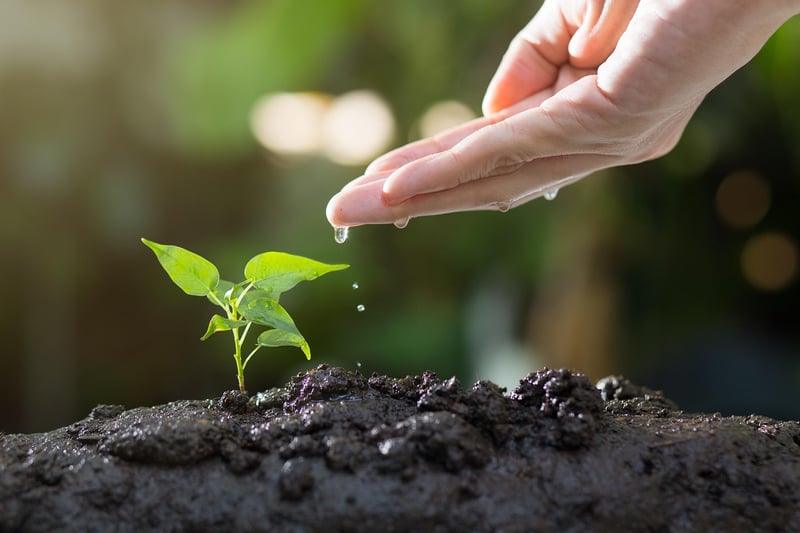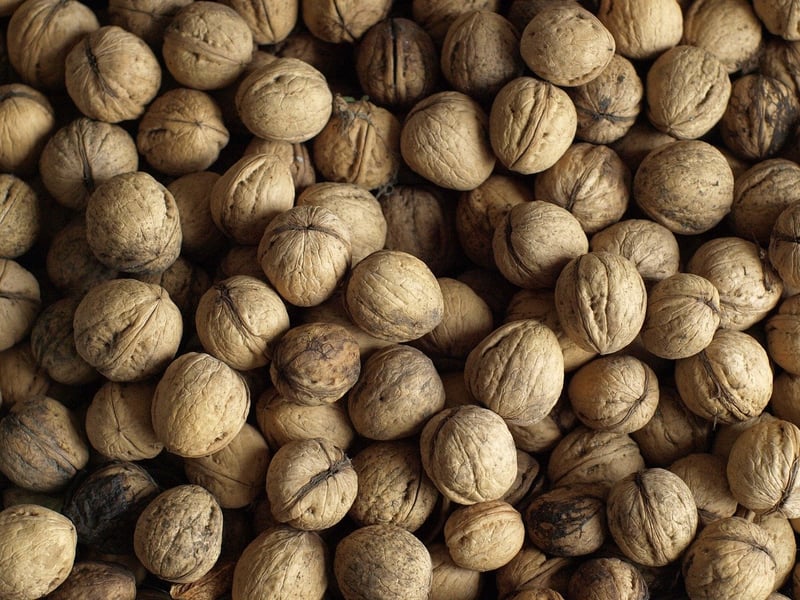Nutrient Deficiency Signs
Dealing with Gardening Challenges and Identifying Nutrient Deficiency Signs
Gardening Challenges
Gardening can be a rewarding experience, but it comes with its fair share of challenges. Here are some common issues gardeners face and how to overcome them:
1. Pest Infestation
Pests like aphids, caterpillars, and snails can wreak havoc on your plants. To combat this, try using natural remedies like neem oil or introducing beneficial insects like ladybugs to your garden.
2. Weeds
Weeds compete with your plants for nutrients and water. Regularly weeding your garden and using mulch can help prevent weed growth.
3. Soil Quality
Poor soil quality can hinder plant growth. Test your soil and amend it with compost or other organic matter to improve its quality.
Identifying Nutrient Deficiency Signs
Plants require various nutrients to thrive, and a deficiency in any of these nutrients can manifest in specific signs. Here are some common nutrient deficiency signs and how to address them:
1. Nitrogen Deficiency
Plants with nitrogen deficiency exhibit yellowing leaves. To address this, apply nitrogen-rich fertilizers or compost to boost nitrogen levels in the soil.
2. Phosphorus Deficiency
Phosphorus deficiency can cause stunted growth and dark green or purple leaves. Add phosphorus-rich fertilizers to the soil to correct this deficiency.
3. Potassium Deficiency
Plants lacking potassium may have yellow or scorched leaf edges. Potassium-rich fertilizers can help replenish the soil with this essential nutrient.
4. Iron Deficiency
Iron deficiency often results in yellowing between leaf veins. Treat the soil with iron chelates or organic matter to address this deficiency.
Conclusion
Gardening comes with its challenges, but by being proactive and attentive to your plants' needs, you can create a thriving garden. Regularly monitor your plants for signs of nutrient deficiencies and take appropriate actions to ensure they receive the essential nutrients for healthy growth.

Remember, each plant is unique, so it's essential to research the specific requirements of the plants in your garden to provide them with the best care possible.
